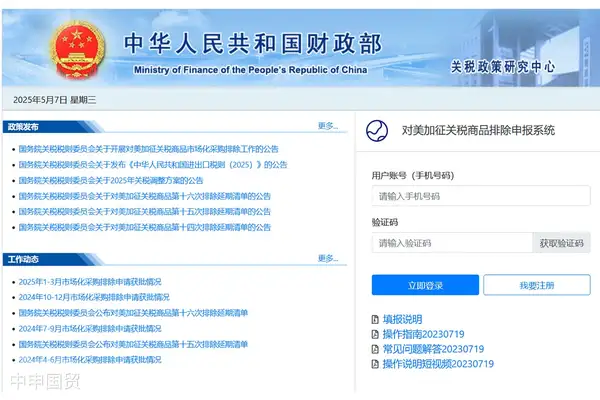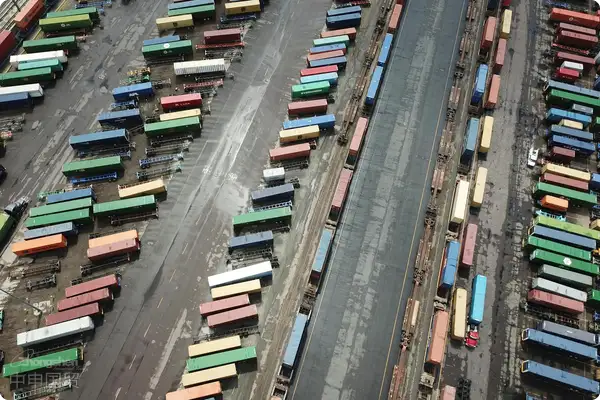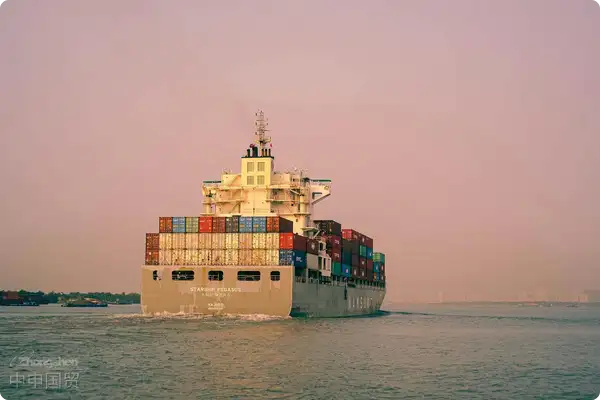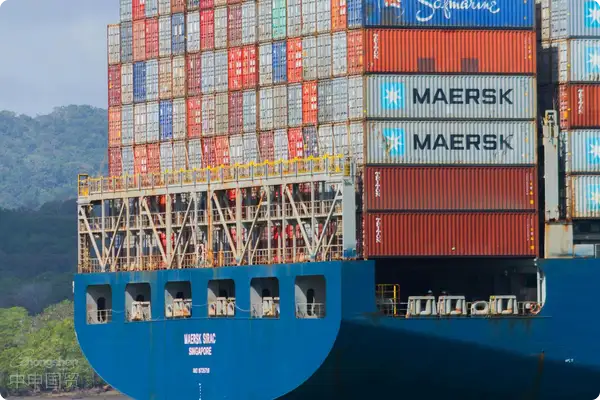- Shanghai Zhongshen International Trade Co., Ltd. - Two decades of trade agency expertise.
- Service Hotline: 139 1787 2118
Turkey is actively advancing an ambitious infrastructure project to build a railway connecting the Mediterranean and Black Sea with the Persian Gulf. This railway will link Iraqs Basra Al-Faw Port on the Persian Gulf with Turkish ports, part of Turkeys Silk Road initiative. This plan is seen as an alternative to Chinas Belt and Road Initiative, aiming to establish an intercontinental transport route from India and parts of Asia to the Middle East and Europe.
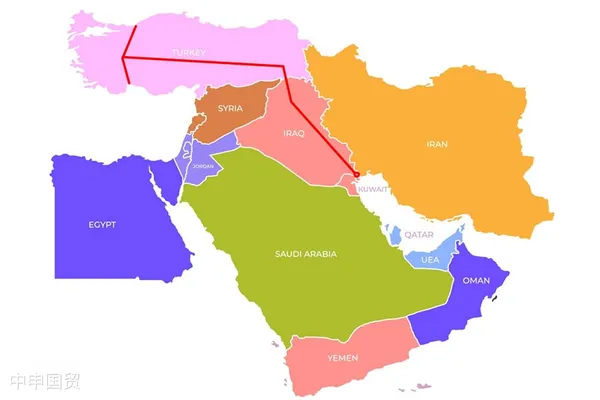
The core of Turkeys Silk Road project is to connect Iraqs Basra Port on the Persian Gulf to Turkeys Mediterranean and Black Sea ports via railway, significantly reducing transport costs for China-Europe trade. The Iraqi government supports this project as it will position Iraq as a strategic transport hub, reducing transport time and costs between Asia and Europe.
Turkeys Minister of Transport and Infrastructure, Abdulkadir Uralo?lu, announced that a summit will be held on August 29 in Istanbul, with representatives from Iraq, Qatar, and the UAE participating in discussions on this multi-billion-dollar project. Uralo?lu stated that the summit is expected to make major decisions, with Qatar and the UAE being potential investors for the approximately 1,300-kilometer railway, estimated to be worth at least $20 billion.
Turkeys infrastructure project has drawn widespread attention, particularly as it directly competes with Chinas Belt and Road Initiative. Chinas New Silk Road aims to strengthen ties with Europe, the Middle East, and Asia through land and sea routes, while Turkeys Silk Road offers an alternative connection.
Meanwhile, the railway project will also compete with Egypts Suez Canal. During a visit to Baghdad in April, Turkish President Recep Tayyip Erdo?an discussed the project with Iraqi Prime Minister Mohammed Shia Al Sudani. Sudani stated that the first phase will build a railway with a transport capacity of 3.5 million tons, expanding to 7.5 million tons in the second phase.
In addition to the railway, the project includes plans for highways and energy infrastructure such as natural gas and oil pipelines. These additions will enhance the strategic value of this transport corridor. Currently, the UAEs Abu Dhabi Ports Group is collaborating with Iraqs General Company for Ports to develop Basras Al-Faw Port and its economic zone, laying a solid foundation for this large-scale transport project.
For Iraq and Turkey, this railway project is not just an economic cooperation plan but also a move with geopolitical significance. Iraq holds about 10% of the worlds oil reserves, and the projects success will further strengthen Iraqs position as a global energy export hub. Additionally, this railway linking the Persian Gulf and the Mediterranean will provide a new, efficient alternative route for cargo transport between Asia, Europe, and the Middle East.
Turkeys efforts to advance this project highlight its ambition to secure a more favorable position in global trade and reshape existing transport patterns. By strengthening connections with Middle Eastern and Asian countries, Turkey aims to become a key transit hub. The projects progress and implementation will impact global trade flows, especially its interaction with Chinas Belt and Road Initiative, which remains to be seen.
Related Recommendations
? 2025. All Rights Reserved. Shanghai ICP No. 2023007705-2  PSB Record: Shanghai No.31011502009912
PSB Record: Shanghai No.31011502009912
